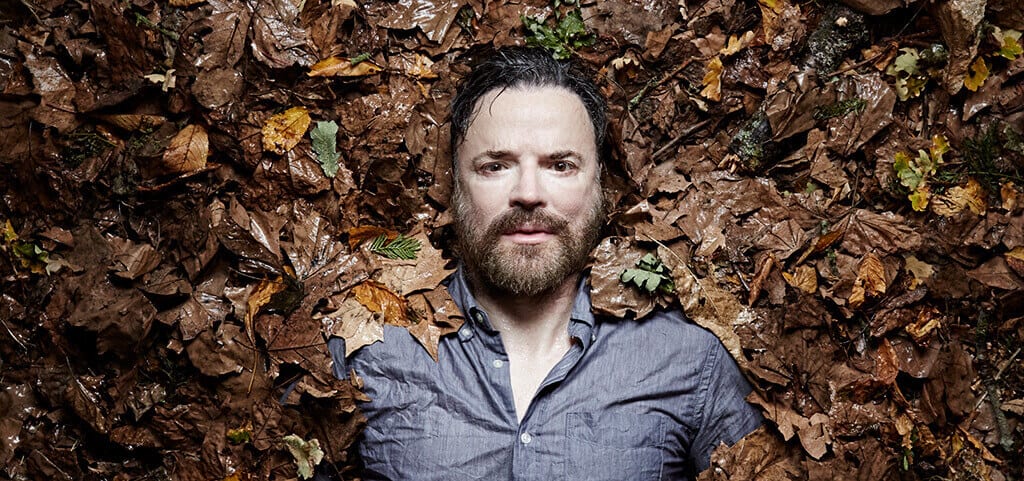I read an interesting article a while ago in which the exciting director, Robert Icke, discussed theatre’s challenge to compete with TV shows such as The Sopranos. His refreshing and grounded approach is what London’s theatre scene needs right now. Maybe I like Icke, really like Icke, because he consistently mentions Tony Soprano and the gang. Oresteia was wonderful, too, for that matter. Icke continues to pry into his role as the associate director at the Almeida Theatre by tackling another tall task- adapting Chekhov’s Uncle Vanya. Although it does not leave a lasting impression as powerful as that garnered by Oresteia last year, it is a strong production. It is thoroughly enjoyable with some masterful touches.
Uncle Vanya is one of Chekhov’s later plays. A family are suspended in constant ennui, toiling against life’s struggles, reveling in its absurdity. They decay slowly on a large estate in provincial Russia. They spend their time bickering as life ebbs on. Loves remain unrequited, arguments remain fierce and everyone generally struggles. Icke transports the drama to the modern day, skillfully tailoring the script along the way. Uncle Vanya becomes Uncle John- or Johnny, which matches the colloquial Russian roots of the name Vanya. The production is boosted by excellent performances all round. Tobias Menzies portrayal of the opinionated and meddling doctor, Michael is particularly accomplished. Menzies’ performance is matched by Jessica Brown Findlay’s feisty portrayal of Sonya.
Icke’s Uncle Vanya sticks faithfully to Chekhovian Naturalism and the tweaked script is excellent. There are some points which fall short; a scene in which some of the drunken characters break into a rendition of Iggy Pop’s Lust for Life feels a little overwritten. Chekhov masterfully balances tragedy and comedy; sometimes this production falls short on humour. Nevertheless, as tensions grow, this production retains intensity throughout.
Icke’s production makes beautiful use of space. There are moments which touch upon a cinematic feeling. A good deal of credit must be directed towards Hildegard Bechtler (Set) and Jackie Skemesh (Light). The plot unfolds on a revolving stage as we are lulled and hypnotised by this bleak, absurd world. It spins round and round, gently. I’d be interested to know if any of the cast suffer from motion sickness. The revolving mechanism treats us to a stand-out moment in Act III. The cast have their backs to us and our view is obstructed by a glass drinks cabinet. Our attention is refracted through the glass, which creates a momentary distance between stage and audience. Candles and lamps flicker on and off, off and on, consistently toying with darkness and light with delicate subtlety.
At three hours and fifteen minutes long, Uncle Vanya is a lengthy production. Not that you necessarily feel it. Each act is followed by a ten minute interval (three intervals in total). Rather than disrupt, this allows the drama to recharge itself, and these intervals are summative to the production’s episodic structure. The evening feels like one of those Tuesday nights spent watching four episodes of The Sopranos on Putlocker; engrossing and enjoyable, with plenty of time for toilet and refreshment breaks. Icke must be doing something right.

